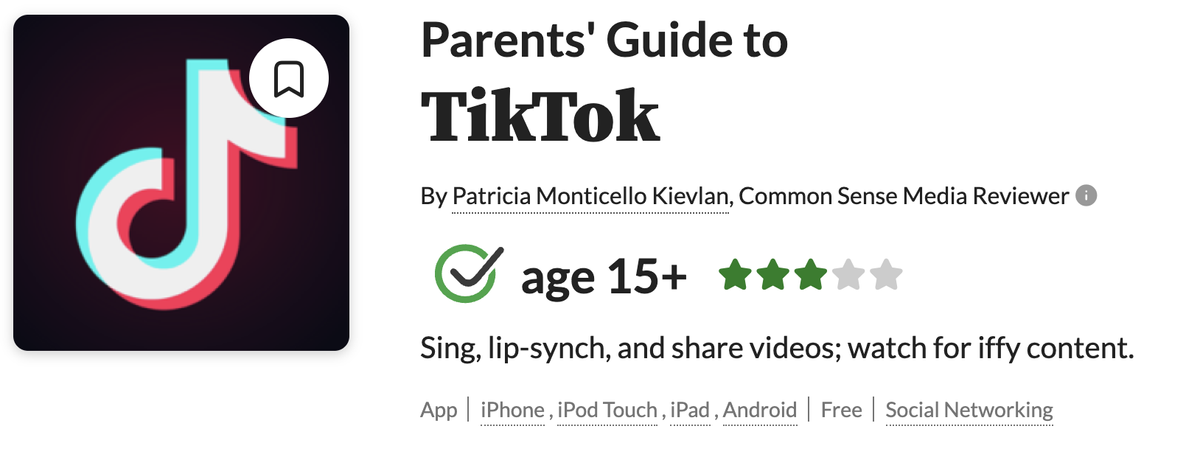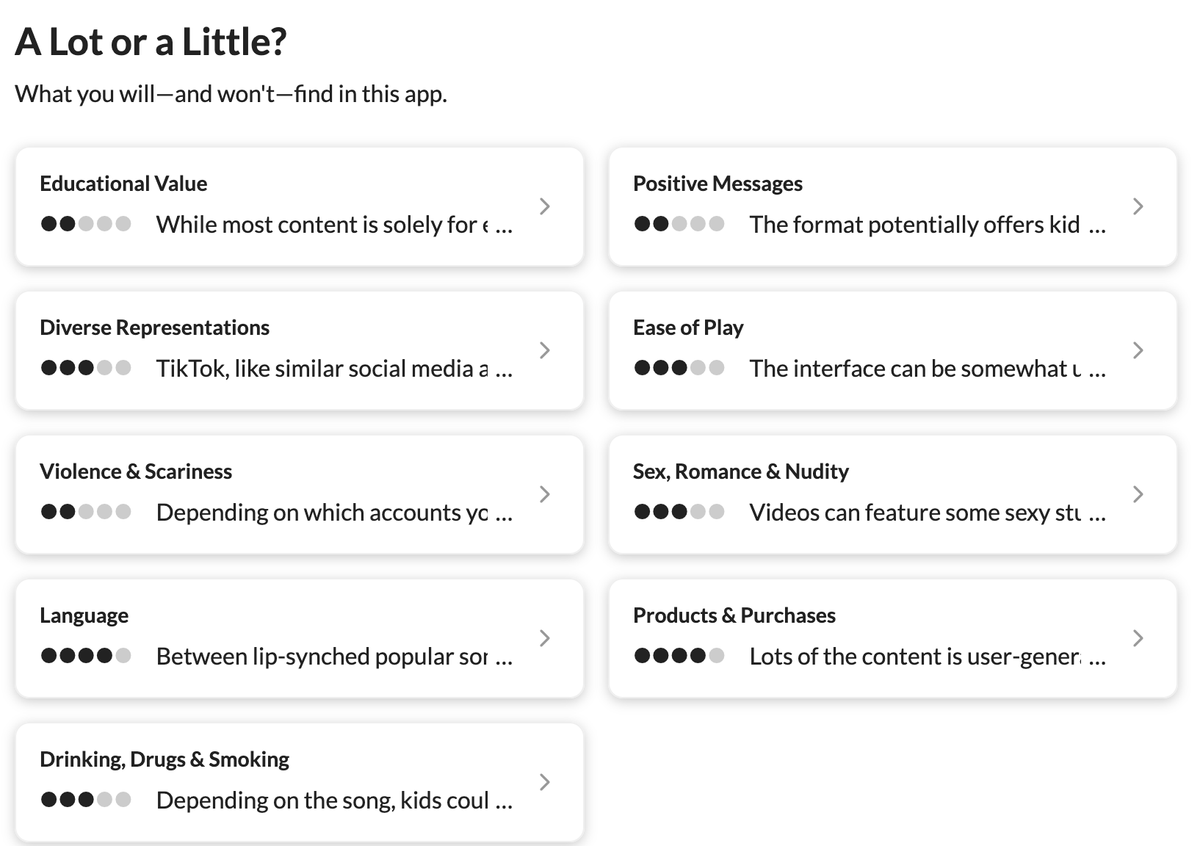Online Safety - TikTok
What apps are our students using

Online Safety - TikTok
What apps are our students using
For our students, especially our grade 5 & 6 students now is a time when they are maturing in their social interactions both in person and in an online space.
For issues relating to online safety at home we recommend the eSafety Commissioner website
https://www.esafety.gov.au/parents
and
Common sense media
https://www.commonsensemedia.org/app-reviews/TicToc


As the primary carer of your child you are responsible for their use of technology and safety in online spaces at home.
Some families may not be aware of the pros and cons of different popular apps as well as their recommended ages.
TikTok is a common app that students are interested in with an age recommendation of 15+. TikTok utilizes an algorith to display endless content and feeds further content based on levels of engagement. This can result in exposure to a wide variety of content, some of which parents may not consider appropriate for their child.
The Website https://www.commonsensemedia.org/app-reviews/TicToc rates TikTok as 2 out of 5 for positive messages and a total of 3 out of 5.


Parents need to know that TikTok is a social network for sharing user-generated videos, many of which feature music and sound effects. The app involves a lot of songs, and you can expect swearing and sexual content in some. Though videos viewed during the review process contained only some tight/revealing clothing, depending on which accounts users follow and what content they like, it's possible to encounter sexually suggestive and explicit material. In 2019, in response to an FTC settlement, the app launched TikTok for Younger Users for users under 13, allowing them to view curated videos but not comment, search, or post their own videos (and their data isn't collected). But because full access to TikTok only requires users to enter a birth date, the app is still recommended for older teens. As of 2022, TikTok features a Family Pairing mode that lets parents link their account to their kids' and set daily time limits, place kids' accounts on Restricted mode, which limits their exposure to content that may not be appropriate, and disable direct messages. Parents can also control who is able to leave comments, turn off the search functionality, and bar users from seeing which videos their children have liked. It's important to note, though, that kids can get around these controls by setting up a new account. Settings let users share their videos with either friends or the general public. As of March 2023, TikTok is also imposing a 60 minute/day time limit on users under 18, requiring a password to be entered for further access to the platform. Read the developer's privacy policy for details on how your -- or your child's -- information is collected, used, and shared, and any choices you may have in the matter. The privacy policies and terms of service can frequently change. Under the California Consumer Privacy Act (CCPA), you have the right to protect your personal information. You can also submit a Do Not Sell request to TikTok.